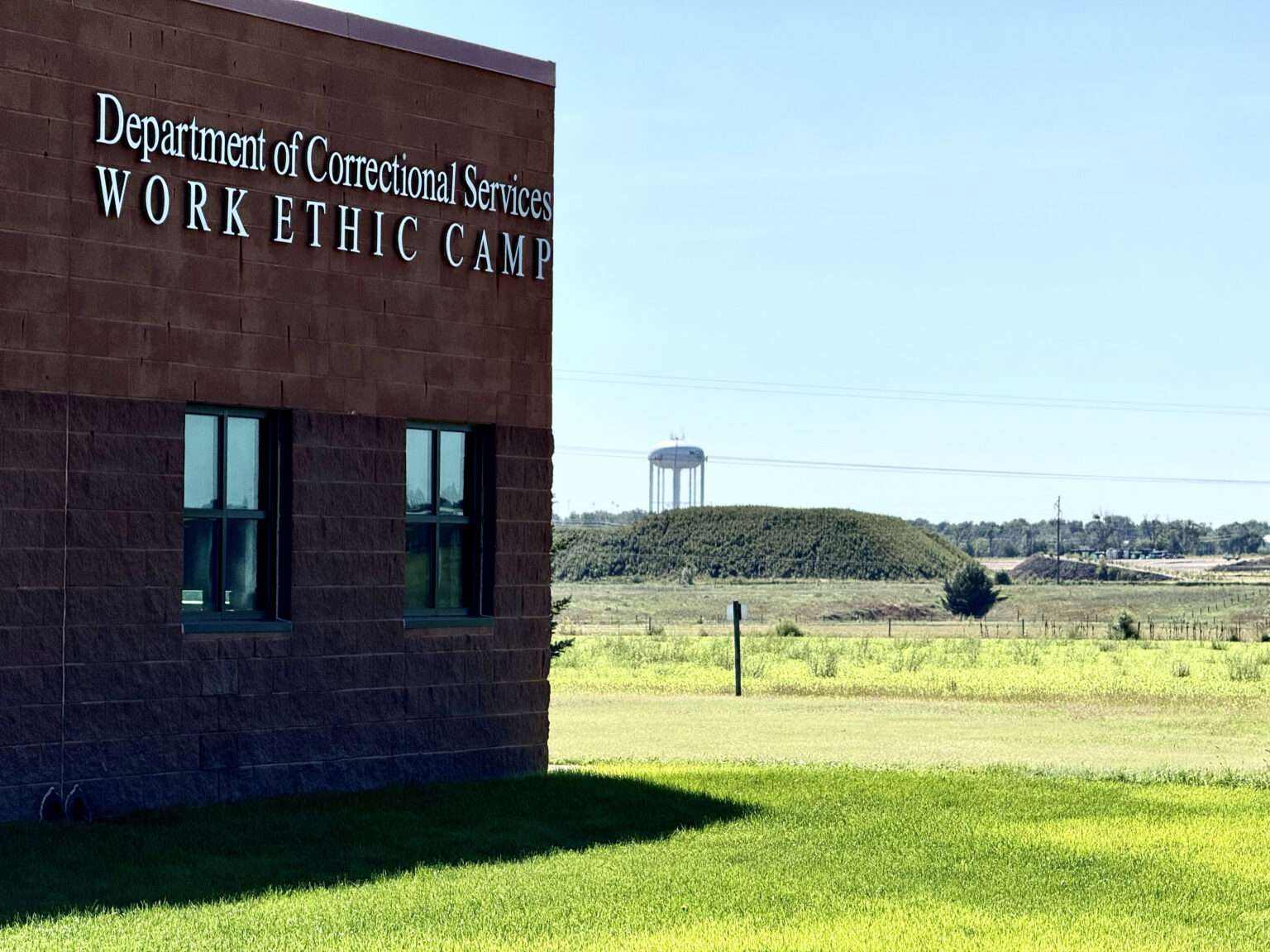
A two-year contract worth millions reshapes McCook-area facility
The Nebraska Department of Correctional Services (NDCS) has formally entered into a 183-page contract with U.S. Immigration and Customs Enforcement (ICE) to convert the Work Ethic Camp near McCook into a federal immigration detention facility. The agreement, officially signed on September 30, 2025, marks the first time the state of Nebraska has leased a correctional facility to a federal agency for this purpose.
The structure of the agreement
The ICE Intergovernmental Service Agreement, identified as IGSA #70CDCR25DIG000041, consists of 37 pages of core contractual language and 18 separate attachments covering operations, staffing, conversion costs, and quality-assurance requirements—bringing the total document length to 183 pages.
Under the terms of the agreement, the contract’s base period runs from September 30, 2025, through September 29, 2027, with optional extensions available beyond that date. The attachments outline expectations for facility operations, including security standards, health services, transportation, detainee programs, and food service oversight.
Financial terms and facility use
According to the agreement, Nebraska will receive roughly $2.46 million per month during the first year of operation, increasing slightly in year two. These payments cover staffing, maintenance, utilities, and detainee care. The state has also allocated nearly $6 million for renovations to bring the Work Ethic Camp into compliance with ICE standards—modifications that include updated security systems, living quarters, and intake areas.
While the facility was originally designed for a few hundred state inmates in a work-release and rehabilitation program, the ICE contract reclassifies it as a detention center for both men and women, with the exact capacity depending on final renovation work.
Jurisdiction and location clarification
Despite being widely referred to as “the McCook facility,” the Work Ethic Camp is not located within the McCook city limits. The complex sits on state-owned federal property in Red Willow County, just outside the city boundary. That distinction matters legally, as the land is under state and federal jurisdiction, not city control—meaning local ordinances and city governance have limited authority over the site’s operation or its conversion.
Oversight and operational control
The contract gives NDCS responsibility for staffing, supervision, and day-to-day operations under ICE guidelines. The state must meet federal performance standards covering detainee welfare, healthcare access, and security. ICE retains inspection and oversight authority, with the right to conduct unannounced visits and audits.
Each of the 18 attachments details a specific area of accountability—ranging from emergency procedures and transportation security to compliance with the Prison Rape Elimination Act (PREA) and the Americans with Disabilities Act (ADA). A Quality Assurance Surveillance Plan sets the benchmarks ICE will use to evaluate Nebraska’s performance.
Public and political context
Governor Jim Pillen announced the contract alongside state correctional officials, describing the agreement as a way to “maximize existing state resources” while supporting federal border operations. Critics, including immigrant-rights advocates and local residents, have questioned the lack of public input before the deal was finalized.
The state says the deal provides a steady revenue stream for Nebraska and will bring new jobs to Red Willow County. Detainees held there will primarily be adults awaiting immigration hearings or deportation, not individuals serving criminal sentences under Nebraska law.
Opening and court proceedings
The official opening of the McCook ICE Detention Center is set for Friday, October 24, with Governor Jim Pillen and South Dakota Governor Kristi Noem scheduled to attend a ribbon-cutting ceremony. Coincidentally, that same day marks the start of a court case in Red Willow County Court challenging the state’s actions surrounding the contract and facility conversion.
Sources: Nebraska Examiner, WOWT, McCook Gazette, Governor of Nebraska




